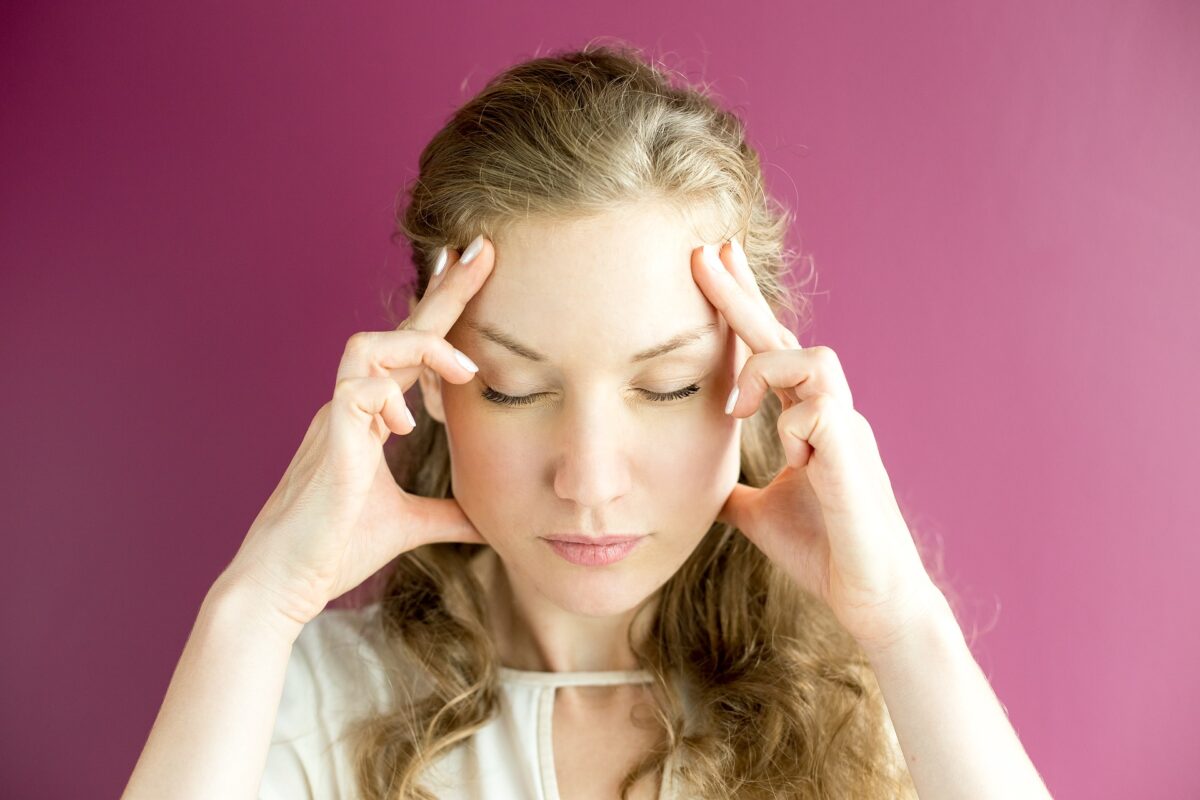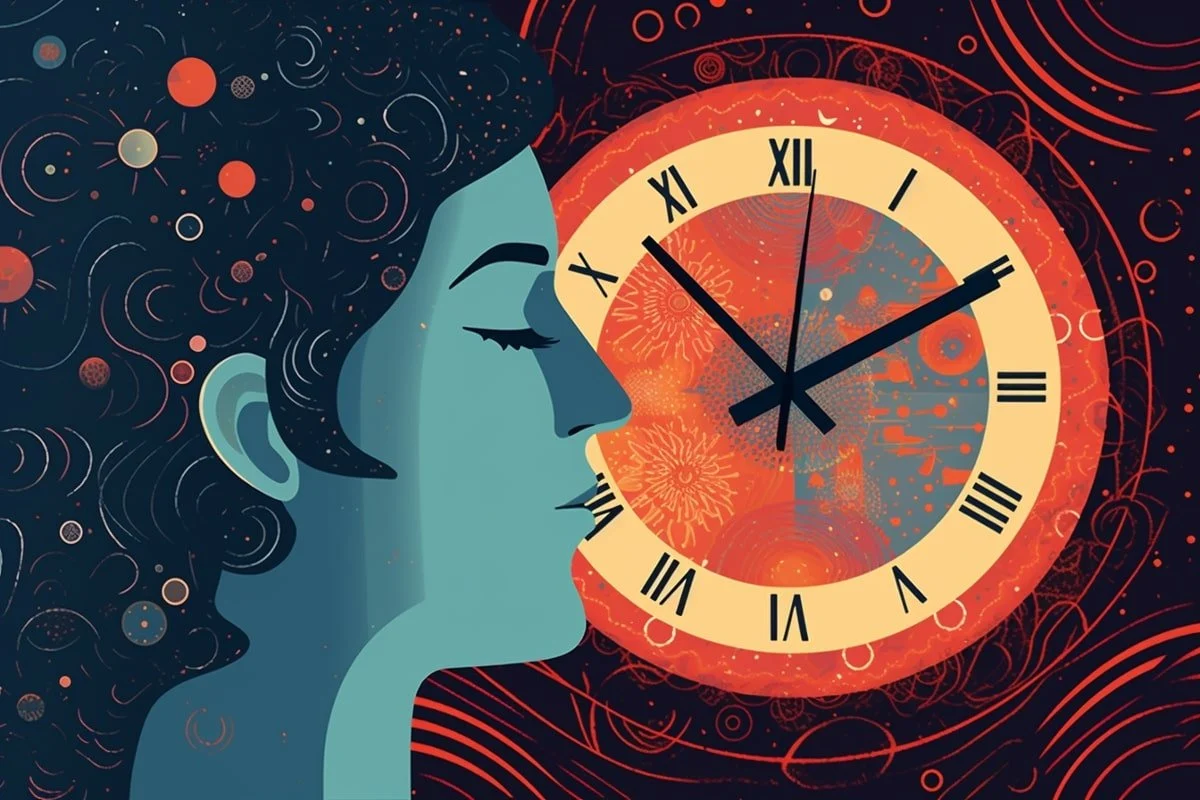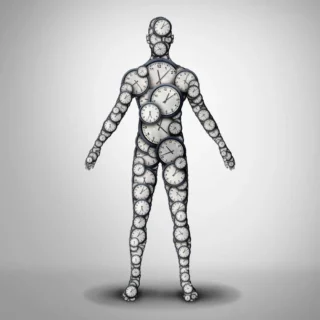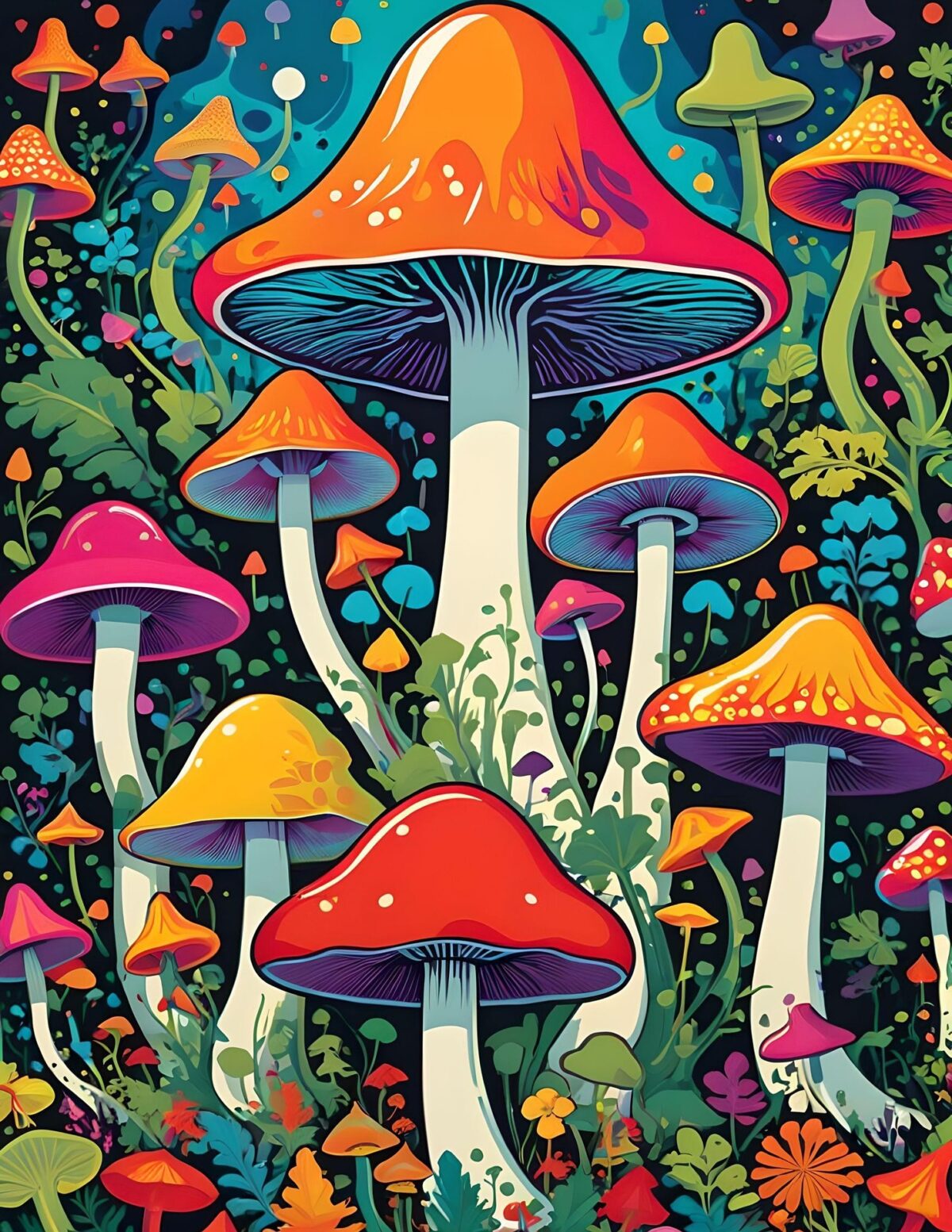Stress is a part of life, but did you know that not all stress is bad? In fact, some stress can actually be good for you. Understanding the difference between good stress and bad stress can significantly improve your overall wellness and stress management. This blog post will help you identify these types of stress and offer practical tips for managing them.
The Dual Nature of Stress
Defining Good Stress vs. Bad Stress
Stress, in its essence, is a physiological response to a perceived challenge or threat. However, not all stress is created equal.
Good Stress (Eustress): This is the type of stress that can motivate you and improve your performance. It’s short-term and often feels exciting. For example, the adrenaline rush before a big presentation or an athletic competition.
Bad Stress (Distress): On the other hand, bad stress is chronic and can have a negative impact on your health. It occurs when stress is prolonged, causing anxiety and other health issues. Examples include constant pressure at work or ongoing financial problems.
Physiological and Psychological Effects
Both types of stress trigger the body’s ‘fight or flight’ response, releasing hormones like adrenaline and cortisol.
Good Stress Effects: Helps you stay focused and energized, enhances performance, and can improve cognitive function.
Bad Stress Effects: Leads to anxiety, depression, cardiovascular diseases, and a weakened immune system.

Spotting Good Stress in Your Life
Everyday Examples of Good Stress
Good stress often arises in positive situations where you are pushing your boundaries.
Work Deadlines: Meeting a challenging deadline can boost your productivity and creativity.
Fitness Goals: Training for a marathon or trying a new workout routine.
Learning New Skills: Taking up a new hobby or course that excites you.
The Performance Boost
Good stress can act as a catalyst for growth. When managed properly, it can:
Enhance Focus: Helps you concentrate better on tasks.
Increase Resilience: Builds your ability to cope with future stressors.
Improve Mood: Often accompanied by feelings of excitement and accomplishment.
Prof. Evelyn Johnson, a Health Sciences expert, explains, “Recognizing and utilizing good stress can actually enhance our resilience and ability to cope with challenges.”

The Perils of Bad Stress
Long-term Health Risks
Unlike good stress, bad stress lingers and can cause severe health problems.
Mental Health Issues: Chronic stress is a major contributor to anxiety and depression.
Physical Health Decline: Can lead to heart diseases, hypertension, and digestive problems.
Behavioural Changes: May result in unhealthy coping mechanisms like overeating or substance abuse.
Common Triggers
Identifying what triggers bad stress is the first step in managing it:
Work Pressure: Unmanageable workloads and lack of control.
Financial Worries: Persistent concerns over money and expenses.
Relationship Problems: Ongoing conflicts with family or friends.

Effective Stress Management Techniques
Managing Bad Stress
To prevent bad stress from becoming chronic, try these strategies:
Mindfulness Meditation: Helps you stay present and reduce anxiety.
Exercise Regularly: Physical activity is a natural stress reliever.
Time Management: Prioritize tasks to avoid feeling overwhelmed.
Diet and Supplements: A healthy diet and targeted supplementation can help manage stress hormone response.
Leveraging Good Stress
Harness the power of good stress to enhance your life:
Set Achievable Goals: Break down large tasks into smaller, manageable goals.
Stay Positive: Focus on the benefits and growth opportunities stress can bring.
Seek Support: Don’t hesitate to ask for help from friends or professionals.
Conclusion
Distinguishing between good and bad stress is essential for managing your well-being. By recognizing the benefits of good stress and mitigating the effects of bad stress, you can lead a more balanced and healthier life.
Implement these strategies in your daily routine and see the positive impact on your mental and physical health. For further reading on stress management and wellness, explore our recommended resources.
Take control of your stress today and transform it into a tool for better living.


















